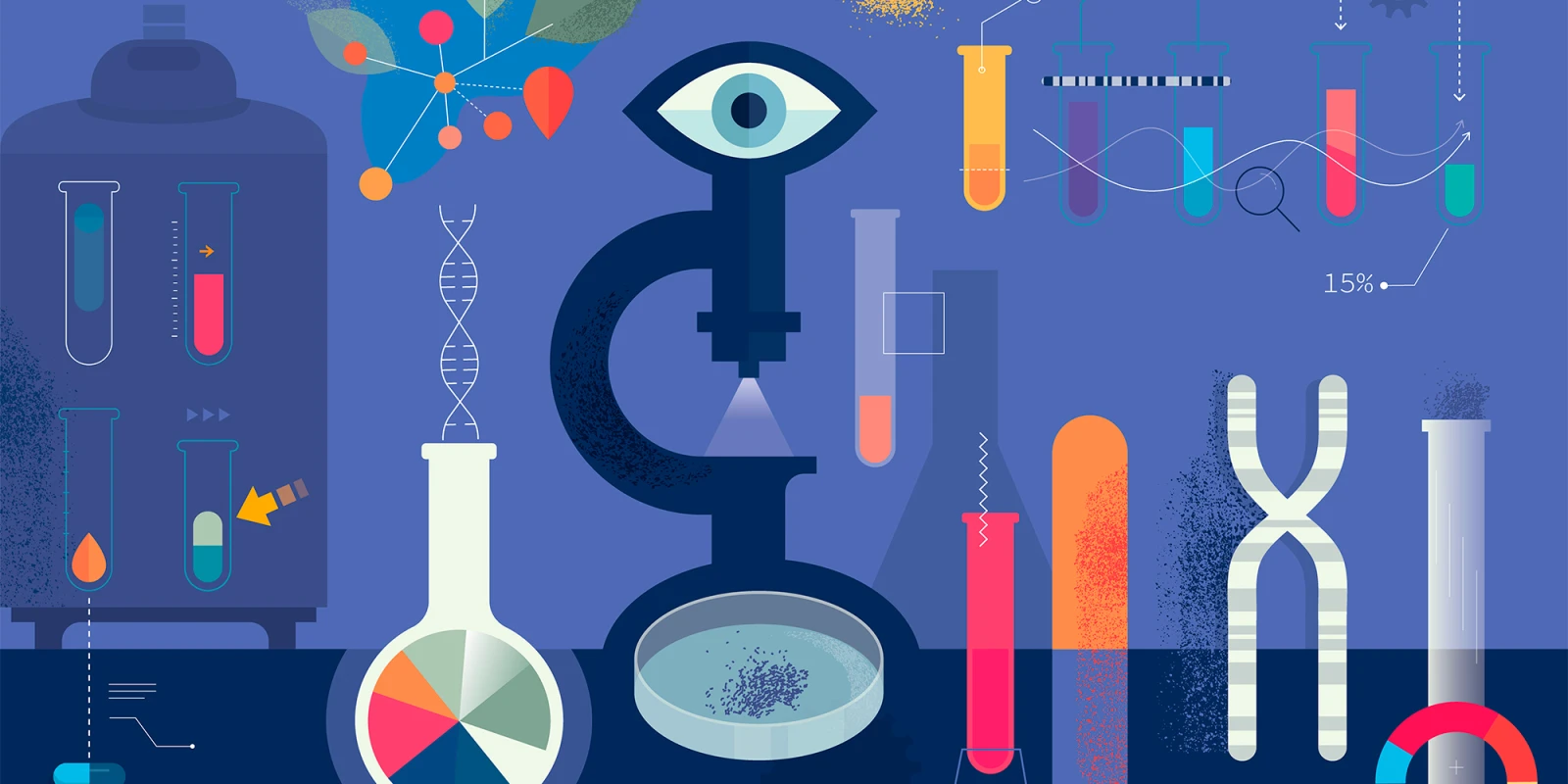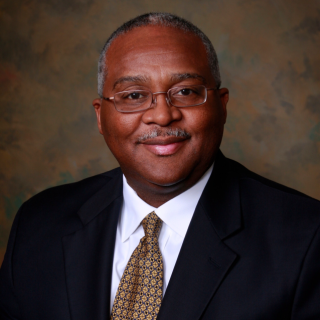
I sat in the lecture hall listening to the earnest efforts of the academic director describing the evolving nature of Graduate Medical Education in the new world of personalized medicine. We began with the understanding that the rapid progression in medicine required all of us to be lifelong learners. I heard the joy in his voice as he described the primary manner in which modern, enlightened physicians distinguish themselves primarily through research and publishing efforts. He eagerly described the increasing requirement for research and scholarship in primary care medicine. He then explained to us that excellence in medicine requires research and scholarship, and that we all need to move into applying ourselves to academic pursuits to both expand our opportunities, and bring honor and recognition to our program. We then proceeded to watch a YouTube video produced by a subspecialty fellow describing her very successful research experience from her earliest time in Medical School and how it established her meteoric arc forward to residency research, and now onward to fellowship.
It was at that moment that I looked around at the residents and fellow faculty sitting in the room at our community-based residency program and immediately recognized that most everyone felt the way I did. In the rush to encourage enthusiasm for research, I was being told that my priorities and passion were insufficient and second rate. It was the same way I felt when I was on the high school football team and heard the football coach continue to point toward my friend, the running back, as an example on how we should train and practice. Of course, this running back eventually had an eight-year career in the NFL. I left the football team and joined the marching band.
The majority of these residents did not enter medicine to do research or publish papers. Most of these residents had grown up watching Scrubs or Grey's Anatomy. They wanted a life that was about seeing and helping patients. They wanted to know how to support families and patients in need. They wanted to distinguish themselves by being physicians that patients would tell their life stories to; doctors asked to join in their patient's life journeys. They didn't want to spend time pipetting chemicals or doing cell cultures, or reading NMR printouts, or writing research articles. What mattered to them is that they would help save the lives of patients in front of them.
So, is scholarship and publication evil? Absolutely not; some of these very same residents will choose to pursue a career that adds quality research to our armamentarium. Is learning about, or being engaged in bench or clinical research bad? Obviously not; we all benefit when researchers reach into the unknown and discover real solutions to the problems facing our patients. Is learning about research techniques and understanding what defines quality research irrelevant? Certainly not; comprehending how the development of hypotheses and subsequent coherent research lead to clinical solutions provides a foundation that supports lifelong learning. Good physicians learn to recognize the difference between significant versus disposable research.
However, one unintended consequence of this push by the ACGME and Residency Review Committees toward "academic supremacy" is the demeaning of the shared nature of the teamwork of medicine – researchers, medical assistants, teachers, nurses, clinicians, technicians – and many more who bring their unique skills and passions to the world of Medicine. Many of us live in community-based programs that are excellent at what we do: teaching and providing office and hospital-based medicine that cares for the vast majority of patients; patients who don't end up at academic tertiary medical centers.
What best defines Scholarship in the world of clinical medicine? In my opinion, it is actually that inquisitive nature which does not accept the easy answer to a problem but always questions if what we are doing makes sense and is the best option for our patients. It's finding the most current treatment guidelines and understanding how it applies to our patient's situation. It is finding the new, valid, research that gives us a new way to bring our best to our patients. It is an active review and reading of appropriate literature that informs and instructs our care of our patients. We need to encourage academic endeavors that enable each of our residents to best fulfill the promise that lies within them. We will teach the basics of research and scholarly analysis. We will have our residents incorporate those skills into presentations, posters, and papers. But most importantly of all, we will ensure our residents can provide compassionate, informed, and life-enriching care to the man, woman, or child who have placed their trust and life into their physician's hands.







